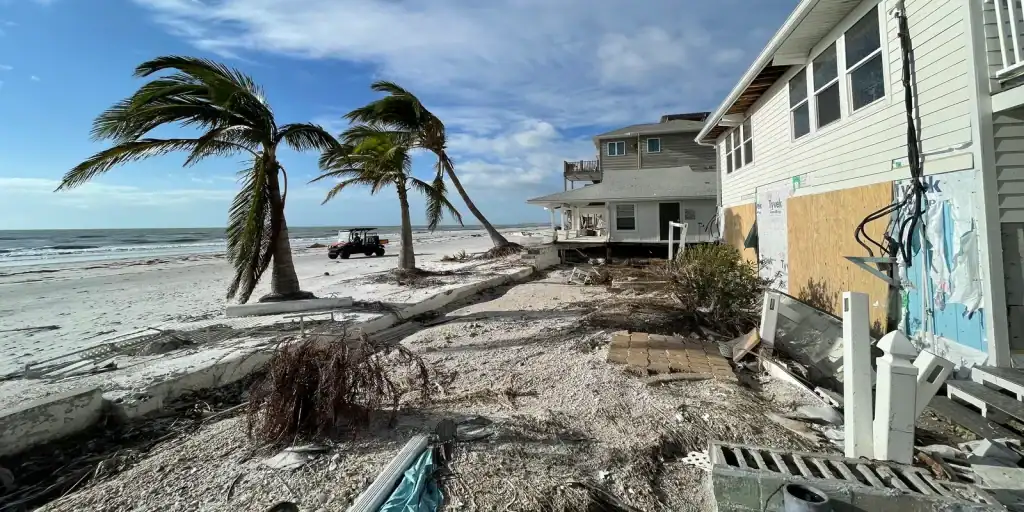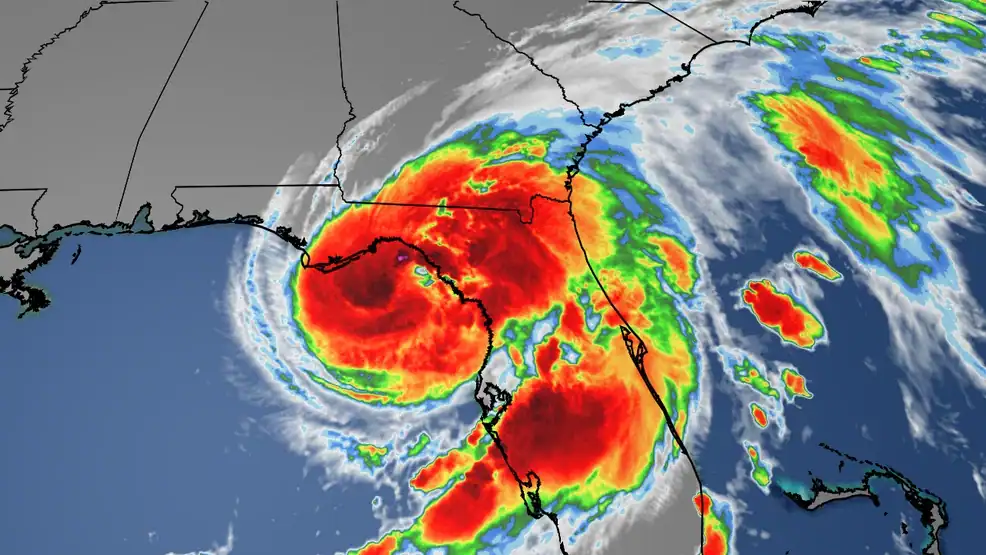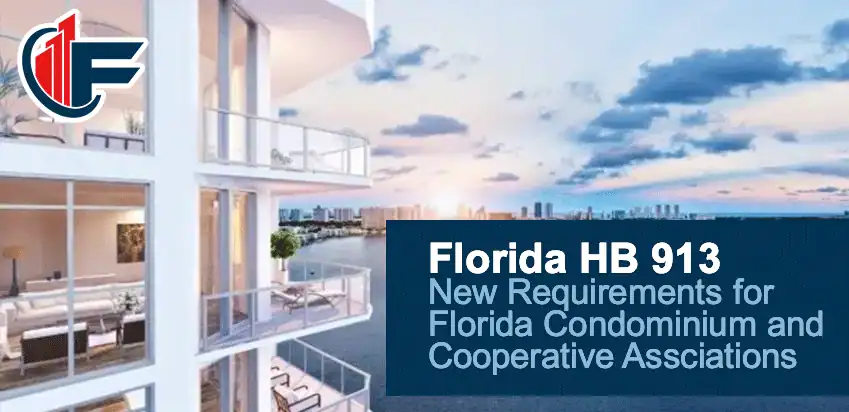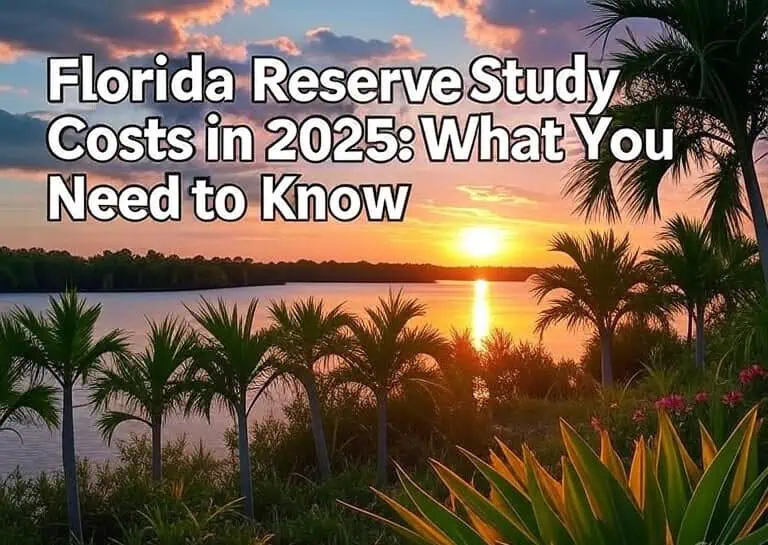
Regular updates to your reserve study are vital for Homeowners Associations (HOAs) and condo associations toensure financial stability and avoid unexpected costs. In Florida, where laws like Senate Bill 4-D mandateStructural Integrity Reserve Studies (SIRS) for tall buildings, keeping your reserve study current is more criticalthan ever. This guide explains why updates matter, how often to conduct them, and best practices to protect yourcommunity. For expert assistance, contact FPAT at (https://fpat.com/contact).
Introduction
Reserve studies are essential for HOAs and condo associations to plan for future repairs, like roofs or pools. In Florida, the Structural Integrity Reserve Study (SIRS) was introduced after the 2021 Surfside collapse to ensure building safety. Regular updates to these studies keep your financial plans accurate, reflecting changes in costs, conditions, and laws. This guide details why updates are crucial, offering tips to maintain stability and compliance. Learn more with our reserve study services (https://fpat.com/contact).
What Are Reserve Studies?
A reserve study is a financial tool for HOAs and condo associations to budget for future repairs of common components, such as roofs, pools, or elevators. It assesses component conditions, estimates remaining useful life, and calculates replacement costs, creating a funding plan to avoid special assessments. According to Reserve Study – Wikipedia (https://en.wikipedia.org/wiki/Reserve_study), it’s a key planning tool for long-term stability. In Florida, traditional reserve studies cover all components, while SIRS focus on structural safety for buildings three stories or higher, as per Florida Statute 718 (http://www.leg.state.fl.us/statutes/index.cfm?App_mode=Display_Statute&URL=0700-0799/0718/0718.html).
Why Updates Matter
There are several key reasons why regular updates to your reserve study are essential, ensuring the financial plan remains accurate and effective:
- Changes in Component Conditions
The physical condition of common area components can change over time due to wear and tear, weather conditions, or unexpected events. For example, a roof might deteriorate faster than anticipated due to severe weather, or a pool might require more frequent maintenance. If the reserve study is not updated to reflect these changes, the association may misjudge when replacements are needed, potentially leading to premature or delayed expenditures, as noted in The Importance of Updating Your Reserve Study. This can result in higher costs or safety issues, impacting resident satisfaction and property values. - Fluctuations in Replacement Costs
The costs associated with replacing common area components can fluctuate due to inflation, changes in material prices, or shifts in labor costs. An outdated reserve study might use cost estimates that no longer reflect current market conditions, resulting in insufficient funds when the time comes to replace a component. Regular updates ensure that cost estimates are accurate and up-to-date, aligning with How Often Should You Update Your Reserve Study?, which highlights the impact of market trends on funding plans. - Legal and Regulatory Changes
Laws and regulations governing reserve studies can change, particularly in states like Florida, where new requirements such as SIRS have been introduced. Staying compliant with these regulations is crucial to avoid legal issues and ensure the safety of the community. Regular updates help associations incorporate any new legal requirements into their financial planning, as mandated by Florida Engineering LLC, which details SIRS updates every 10 years for tall buildings. - Accurate Funding Plans
The primary purpose of a reserve study is to create a funding plan that ensures the association has sufficient reserves when needed. If the study is not updated, the funding plan may become inaccurate, leading to either underfunding or overfunding. Underfunding can result in special assessments or loans, while overfunding means owners are contributing more than necessary, as per Reserve Studies for HOAs: The What, The Why & How to Succeed!. Regular updates help maintain an accurate and fair funding plan, treating current and future homeowners equitably. - Transparency and Communication
Regularly updating the reserve study allows the association to keep residents informed about the community’s financial health and any upcoming projects or funding needs. This transparency builds trust and helps residents understand the importance of reserve contributions, fostering a sense of community and shared responsibility, as emphasized in How often should you conduct or update a reserve study?.
How Often to Update
Industry standards recommend updating traditional reserve studies every 3-5 years with a site visit, as per Community Associations Institute (https://www.caionline.org/standards/reserve-study-standards/). Annual reviews without site visits can adjust financials. For Florida condos with buildings three stories or higher, SIRS updates are required every 10 years, with the initial study due by December 31, 2024 (Florida Reserve Study Requirements: https://flengineeringllc.com/florida-reserve-study-requirements/). Events like hurricanes, major repairs, or regulatory changes may trigger earlier updates. For hurricane preparedness, see our guide (https://fpat.com/contact).
Consequences of Not Updating Regularly
Failing to update your reserve study can lead to:
- Underfunding: Outdated plans may lack funds for repairs, causing special assessments (HOA Reserve Studies: https://www.hoaleader.com/public/320.cfm).
- Special Assessments: Unexpected fees upset residents and strain budgets.
- Legal Risks: Non-compliance with Florida’s SIRS requirements risks fines or liability (Florida Statute 718: http://www.leg.state.fl.us/statutes/index.cfm?App_mode=Display_Statute&URL=0700-0799/0718/0718.html).
- Lower Property Values: Poor maintenance from outdated plans deters buyers (Reserve Study Overview: https://reservestudyfl.com/reserve-study/).
Regular updates prevent these issues, ensuring financial and community stability.
Best Practices for Updating Reserve Studies
To keep your reserve study effective:
- Hire Professionals: Use certified experts familiar with Florida laws, like FPAT (https://fpat.com/contact).
- Involve Residents: Share updates to build trust (Community Associations Institute: https://www.caionline.org/standards/reserve-study-standards/).
- Use Current Data: Leverage technology for accurate assessments (Reserve Study Overview: https://reservestudyfl.com/reserve-study/).
- Communicate Plans: Inform residents about funding needs to foster support.
These practices ensure compliance and financial readiness, especially for SIRS in Florida.
Conclusion
Regular updates to your reserve study are crucial for maintaining financial stability and safety in your HOA or condo community. By addressing changing conditions, costs, and laws, updates prevent underfunding, special assessments, and legal risks. In Florida, SIRS updates are vital for tall buildings, but traditional studies need frequent reviews too. Stay proactive with FPAT’s expert services (https://fpat.com/contact) to protect your community’s future.
Download Our Free Guide
To learn more about reserve studies and updates, download our free PDF guide, Understanding Reserve Studies, by filling out the form below.
- Understanding reserve studies
- Florida-specific requirements
- SIRS compliance tips
- And more







